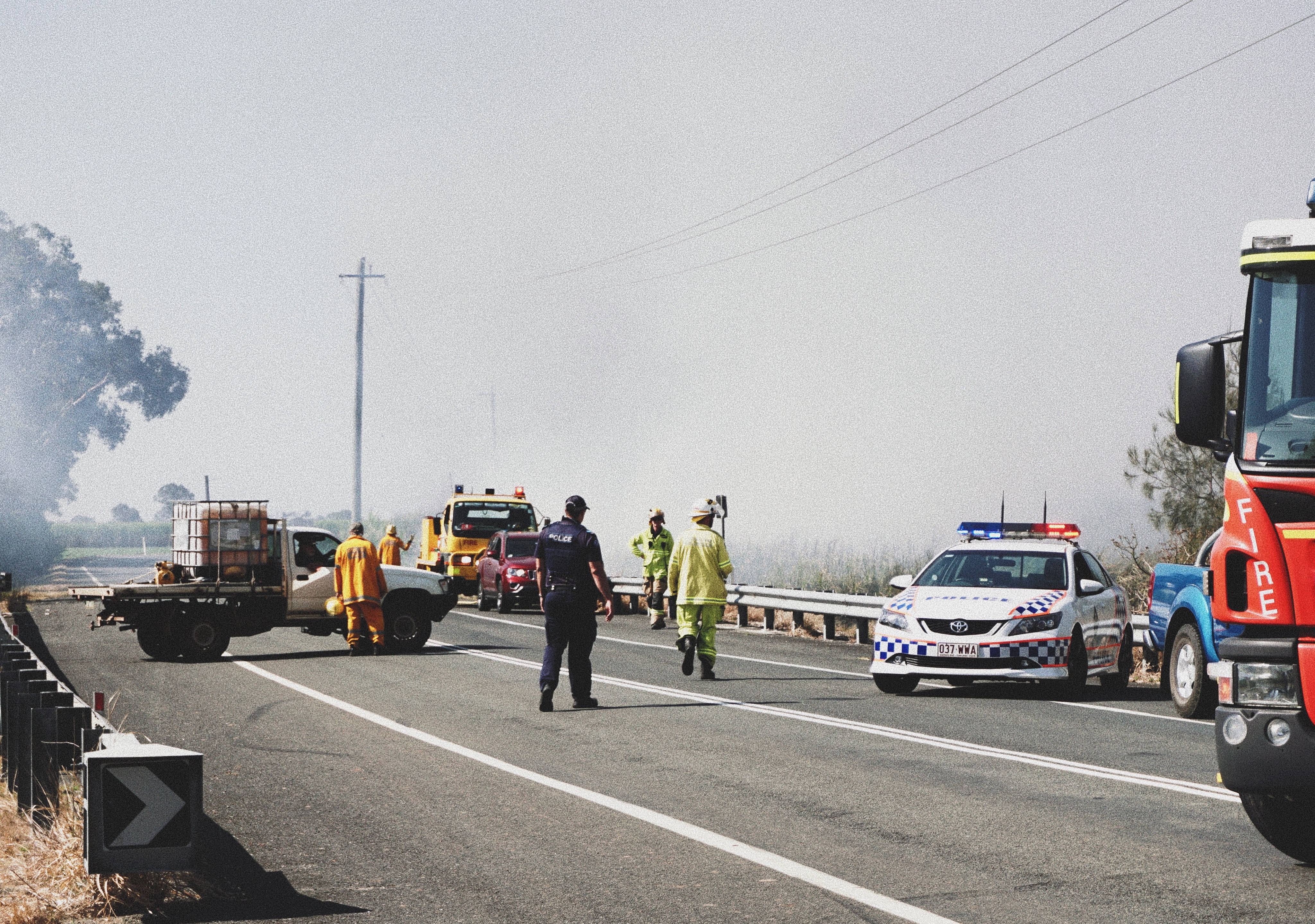- Details
ACCAN recently submitted to the Department of Infrastructure, Transport, Regional Development and Communications’ Streaming Services Reporting and Investment Scheme Discussion Paper. The discussion paper requests comments on a potential scheme to ensure that streaming services, such as Netflix, Stan and Disney+, invest in original Australian productions and promote local content on their services. ACCAN made five recommendations:
Read more: Streaming Services Reporting and Investment Scheme
- Details

With a federal election looming, Australia’s major parties have each outlined their communications policies.
Below is a summary of the Coalition (Liberal and the National parties), Labor, and the Australian Greens’ policies and priorities as voters begin heading to the polls.
[Information last updated on 22.04.22]
Read more: 2022 Election Policies Summary
Write comment (0 Comments)- Details
What is Advanced Mobile Location, or AML?
Advanced mobile location, or AML, is a technology that has recently been introduced in Australia for the Triple Zero Emergency Call Service after previously rolling out in Europe, the UK and New Zealand. In an emergency, lives can depend on timely, accurate information. AML is designed to provide Emergency Call Service operators with precise location coordinates when a caller dials Triple Zero from a mobile, which removes some of the confusion that can come with trying to communicate your exact location.
Read more: AML Capability for 000 Calls
Write comment (0 Comments)- Details
Reliable communications services have never been more important. The COVID-19 pandemic has proven that staying connected to friends and loved ones has never been more crucial, while a string of natural disasters have shown that phone and internet services are essential when it comes to recovery efforts and community rebuilding.
In August 2021, Telstra announced that any standard national mobile calls from ‘payphones’ would be made free. For many people, especially people living in capital cities, it might be difficult to remember the last time you needed to use a payphone. While not everyone has to rely on them to stay connected, payphones are still a very important service for many people, especially those that find themselves in need of a freely available form of communication.
Read more: Sunsetting Payphone Instruments
Write comment (0 Comments)- Details
ACCAN recently provided feedback to the Treasury and Data Standards Body on their Consumer Data Right rules and standards design paper for the telecommunications sector. The consultation asked for informal feedback regarding the scope, eligibility, and implementation of a Consumer Data Right to the telecommunications sector.
ACCAN is supportive of the introduction of the Consumer Data Right (CDR) regime across the telecommunications sector. However, ACCAN is keen to ensure that the development of the CDR in the telecommunications sector continues to be informed by the lived experiences of consumers, to make sure that this regime is as useful as possible for end users.
- Details
ACCAN recently submitted feedback to the Australian Competition and Consumer Commission (ACCC) regarding its Discussion Paper for Interim Report No. 5: Updating competition and consumer law for digital platform services. The discussion paper will inform the ACCC’s fifth interim report for the Digital Platform Services Inquiry. ACCAN’s submission acknowledged the need for regulatory reform to ensure that Australian consumers continue to enjoy the benefits from digital platforms while reducing their harms.
- Details
The Australian Communications Consumer Action Network (ACCAN) has welcomed measures to improve connectivity for people living in regional Australia in the 2022-23 Federal Budget, however stressed the need for urgent government action on broadband affordability.
The Coalition Government has announced $811.8 million in funding for the Connecting Regional Australia Initiative to expand mobile coverage and improve connectivity, resilience and affordability in regional, rural and peri-urban Australia.
While the essentiality of communications services has been demonstrated by natural disasters and the COVID-19 pandemic, the affordability of communications services continues to be an issue, especially for Australians on lower incomes.
- Details
The board of the Australian Communications Consumer Action Network (ACCAN) today announced that Andrew Williams has been appointed as Chief Executive Officer for the organisation.
“Following an executive search process, the board has determined that Acting CEO Andrew Williams is the best person to lead ACCAN forward as CEO,” said ACCAN Chair Deirdre O’Donnell.
Mr Williams took on the role of Acting CEO in October 2021 and has successfully led the ACCAN team over the past five months.
“The board is very pleased to confirm that Andrew is now our permanent CEO,” added Ms O’Donnell.
- Details
ACCAN has recently submitted to the telco regulator, the Australian Communications and Media Authority (ACMA), to inform its 2022-23 compliance priorities. The ACMA’s Compliance Priorities set out the areas it will focus its compliance and enforcement activities on in the coming year. ACCAN’s submission raised a number of telco areas in need of increased compliance and enforcement activity.
- Details
ACCAN recently provided feedback to the Telecommunications Industry Ombudsman (TIO) on its draft guidance note, Complaints about Telecommunications Equipment. This guidance note sets out the types of device and equipment complaints the TIO can resolve, and how these will be handled by the TIO. ACCAN’s submission acknowledged the TIO’s ongoing engagement with consumer groups on this issue, and recommended that the guidance note provides additional detail on a number of areas.
Read more: ACCAN feedback on TIO Device and Equipment Complaints Guidance Note
- Details
The summary below outlines ACCAN's activities from 1 December 2021 – 28 February 2022
- Details
ACCAN welcomes the revision of Communication Alliance’s Reducing Scam Calls and Scam SMs Industry Code. The code outlines procedures to reduce the number of scam calls and short messages (SMs) delivered to Australian telecommunications consumers. Scam calls and short messages are annoying at best and harmful at worst and ACCAN approves of measures that limit their spread. While the industry code is a timely addition for restricting scam calls and short messages, it could be further improved with clarification regarding two points:

